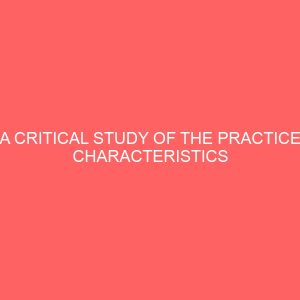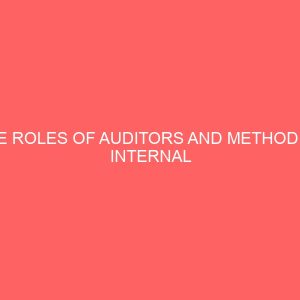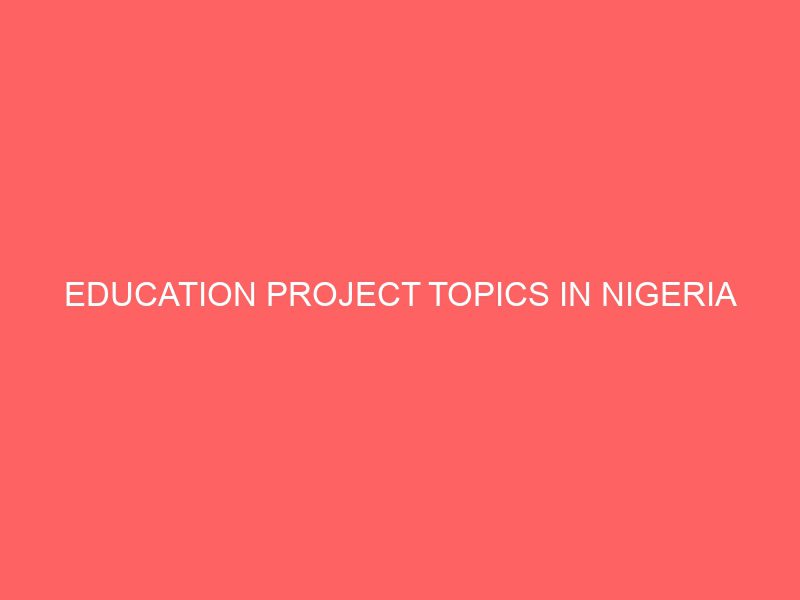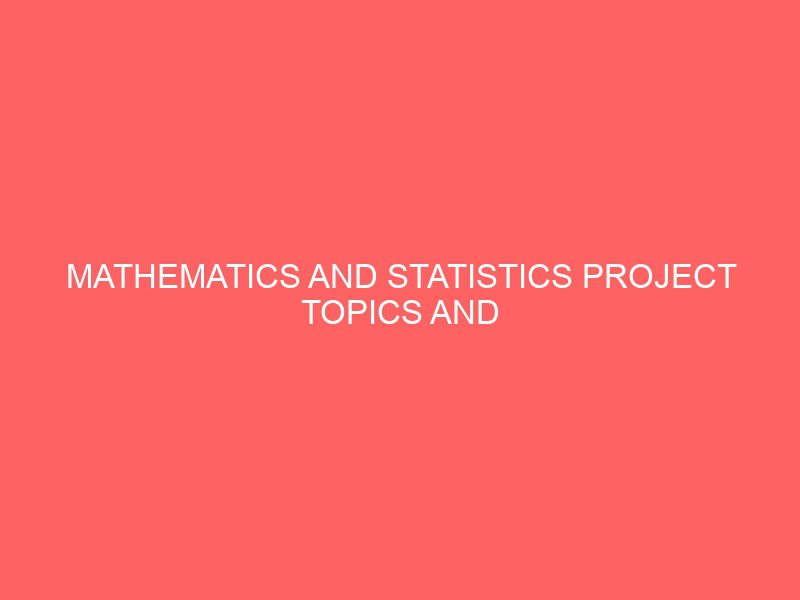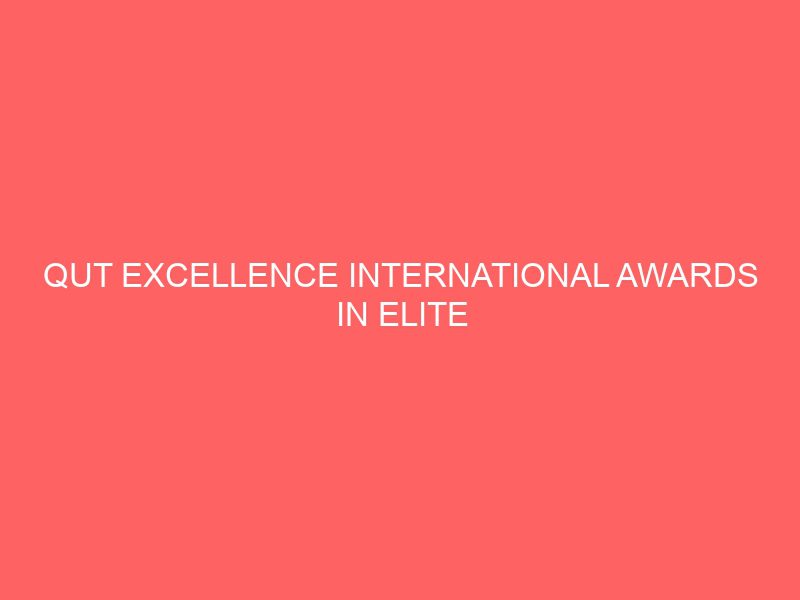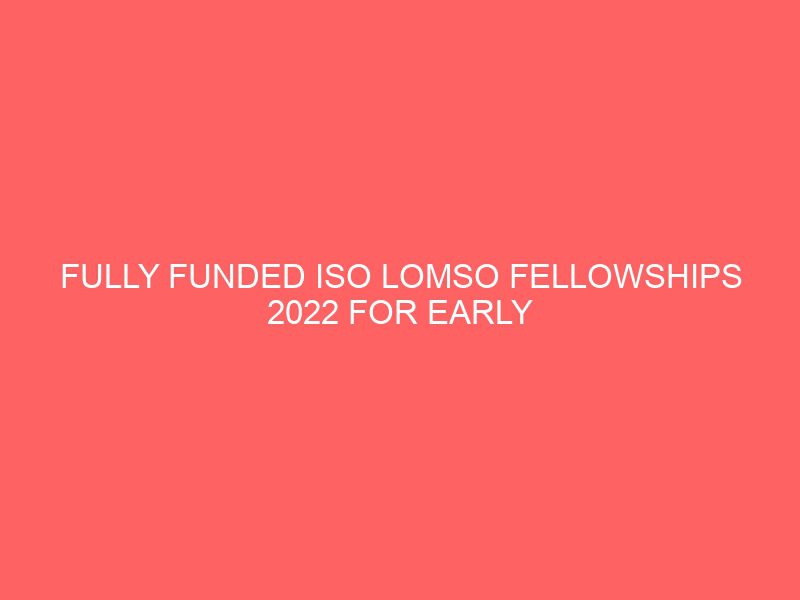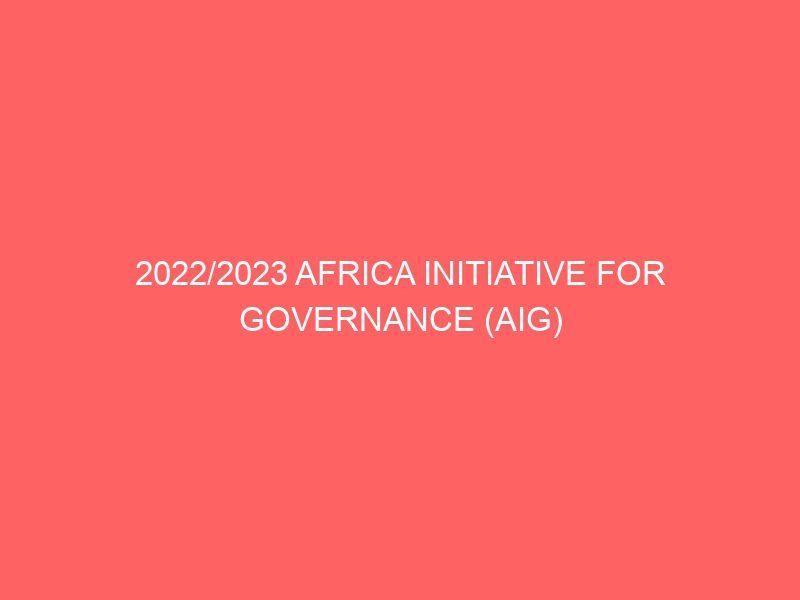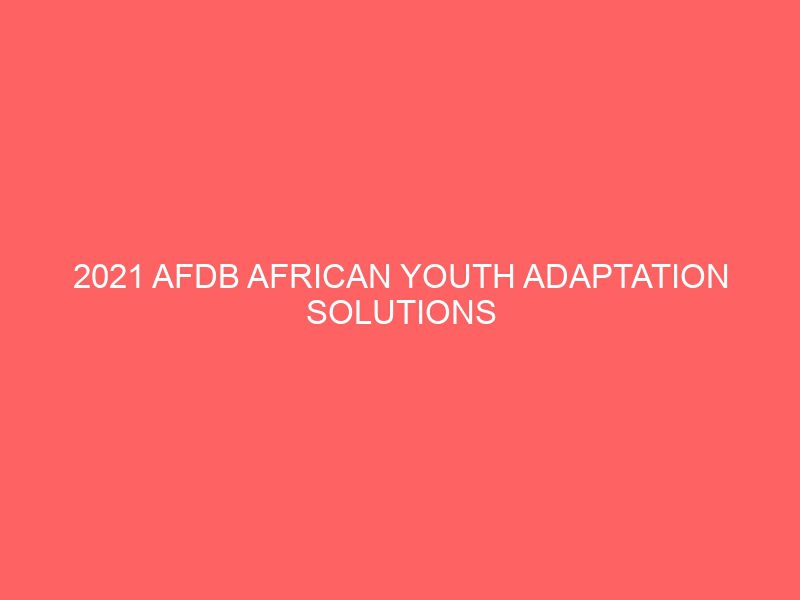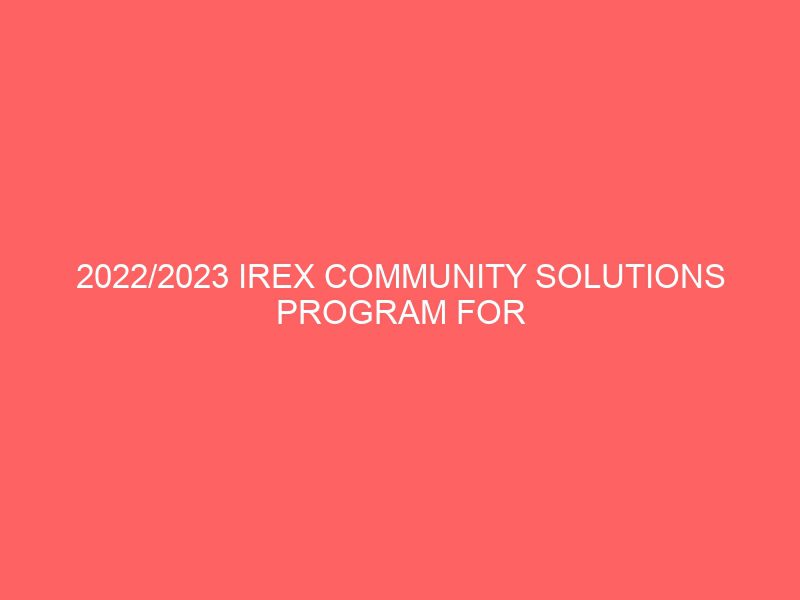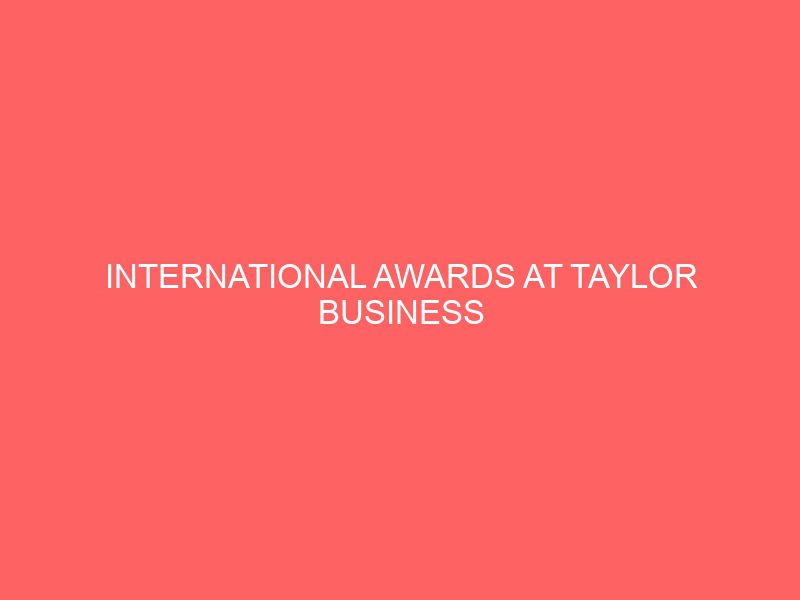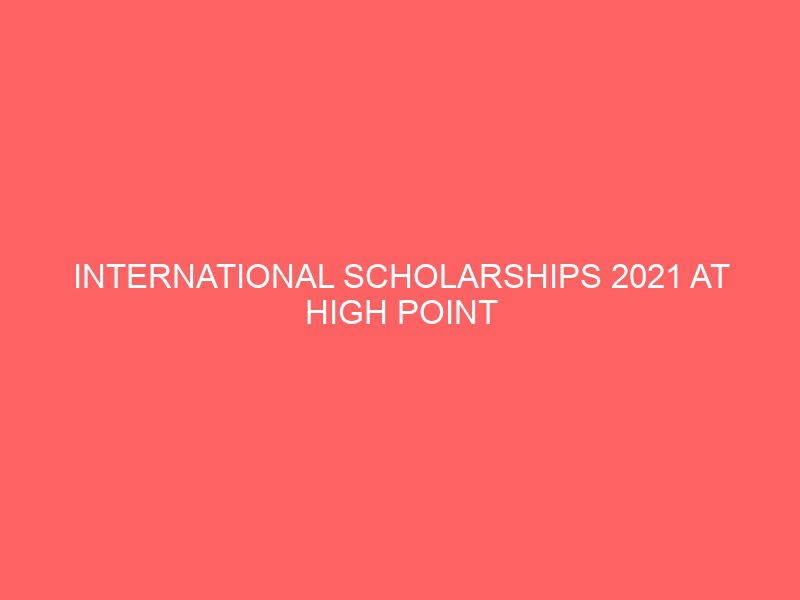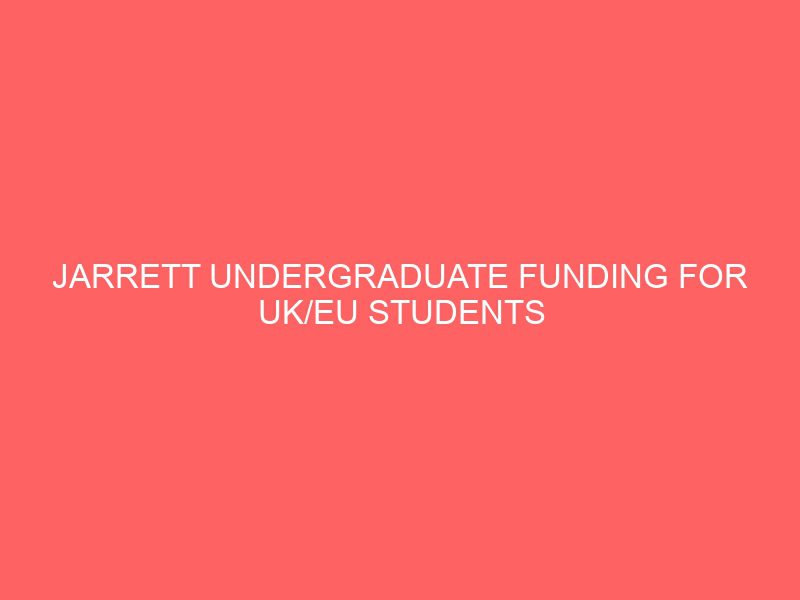Education project topics in Nigeria
Best Education project topics in Nigeria
Click and view their Preview. brought to you by Projectslib research center, kano Nigeria. Goodluck
All Education project topics in Nigeria
For enquiries on any of our services (research writing, app/web development, partnerships), CLICK HERE.

List of Best Education project topics in Nigeria which we have their materials in pdf and doc.
To specifically Hire a writer CLICK HERE
To specifically Hire a Developer CLICK HERE
Here are the topics;
2. Appraisal on the adequacy and implementation of English language curriculum in primary schools
8. Effect of school environment on the academic performance of primary school students
15. The effect of teacher characteristics on student performance
17. Assessment of girl child education in Kano municipal local government area of Kano state
21. Effects of broken home on student academic performance in Esan west local government area, Edo state
24. Teaching practice experience of computer and integrated science student teachers
26. Effect of continuous assessment in teaching and learning of economics in secondary schools
39. The problems of primary school education in Kano State
43. The quality of teachers toward student academic performance in secondary schools
44. Problems and prospect of teaching and learning of computer science in Nigeria
46. Effect of examination malpractice among senior secondary school students
49. The impact of corporal punishment on pupils academic performance in primary schools
50. Prevalence and distribution of riots among senior secondary schools in north western Nigeria
51. Impact of stress management on academic performance among undergraduate biology students of FCE Kano
52. Assessment of secondary school teacher’s perception on the importance of record keeping
54. Effective administration and organization in secondary schools in Nigeria
57. School population and academic performance of basic school students
58. Influence of drug abuse on students academic performance
59. Perception of teachers on the causes of indiscipline among post-primary school students
61. Social media usage among undergraduates in the University of Ilorin
62. Social media utilization and students academic performance
65. Parents teachers association and secondary school administration in Kwara State, Nigeria
66. The use of extensive reading in promoting communication competence in secondary school
69. Factors affecting the implementation of universal basic education in some selected primary schools
70. Influence of social media on the performance of secondary school student as perceived by teachers
72. Free complete faculty of Education Research Project Manual and Format
73. Production of a wooden toy car for children
75. Lassa fever prevention practices among students of Ambrose Alli University Ekpoma, Edo state
76. Cultism in Nigeria’s tertiary institutions, a case study of Lagos state university
79. Effects of instructional resources on the academic performance of students in Minna metropolis
81. Causes and effects of mass failure in mathematics, Federal College of Education
83. Strategies for improving low academic performance in English language in secondary schools
84. Problems and prospects of teaching secretarial subjects
85. Factors responsible for the decline of secondary school education in Nassarawa Lga, Kano state
90. Effect of substance abuse among youths in Ilorin metropolis of Kwara state
93. The need for guidance and counseling services among Nigeria university students
94. Relevance of the use of instructional materials in the teaching of English Language
95. Role of instructional materials in pupils academic performance
96. The impact of school libraries on the academic performance of secondary school students
102. Secondary school science teachers perception of reforms in science education
103. Peer group influence on the academic achievement of public senior secondary school students
106. The effects of environmental pollution in our society
108. Evaluating the causes, effects and solutions to cultism in Nigeria’s tertiary institutions
112. Impact of supervision on teachers performance in primary school
113. Spelling errors among secondary school students and its effect on their performance
114. Factors associated with the mass failure of students in integrated science in secondary schools
115. Factors associated with the mass failure of students in integrated science in secondary schools
118. Effect of classroom management and control on the performance of students in upper basic school
119. Evaluation of available resources for teaching and learning of business studies in secondary schools
121. The effect of audiovisual aids on the academic performance of senior secondary school students
122. Causes and effects of mass failure in mathematics (Federal College of Education)
127. Effects of instructional resources on the academic performance of students in Minna metropolis
129. Attitude and perception of students and teachers towards examination malpractices
132. The use of instructional materials in teaching of social studies in kastina LGA
133. The role of supervision in the development of primary education (a case study of Katsina metropolis)
136. The effect of insecurity on the primary schools in Katsina states in Nigeria
139. Factors affecting adult education provision in rural area (a case study of katsina local government)
141. PROSPECTS OF PERSONNEL MANAGEMENT IN NIGERIAN SECONDARY SCHOOL
143. THE INFLUENCE OF WESTERN CULTURE ON THE NIGERIAN YOUTHS (CASE STUDY OF TAKUM L.G.A)
144. THE IMPACT OF COMPUTER STUDIES ON BUSINESS EDUCATION STUDIES IN HIGHER INSTITUTIONS OF LEARNING
145. EDUCATIONAL BROADCASTING IN NIGERIA: AN ASSESSMENT OF RADIO BENUE MAKURDI
146. IMPACT OF CHANNEL O MUSICAL PROGRAMMES ON THE CULTURAL BEHAVIOR OF IDAH POLYTECHNIC STUDENTS
149. THE INFLUENCE OF SOCIAL NETWORKING ON THE ACADEMIC PERFORMANCE OF UNN UNIVERSITY STUDENT
150. THE INFLUENCE OF ALCOHOL ON ACADEMIC PERFORMANCE OF SECONDARY SCHOOL STUDENTS
160. A STUDY OF THE READING HABITS OF UNDERGRADUATES OF NNAMDI AZIKIWE UNIVERSITY, AWKA
161. THE INFLUENCE OF GROUP PRESSURE ON ADOLESCENTS BEHAVIORAL PROBLEMS IN NIGERIA SECONDARY SCHOOLS
163. THE EFFECT OF CONTINUOUS ASSESSMENT IN EDUCATION INSTITUTION
166. THE INFLUENCE OF GENDER ROLES AND BIASES IN EDUCATION IN UKUM LOCAL GOVERNMENT AREA OF BENUE STATE
169. IMPACT OF TRIBALISM ON NIGERIA DEMOCRACY
171. USE OF INSTRUCTIONAL MATERIALS BY TEACHERS IN AGRICULTURAL SCIENCE IN IREPODUN LOCAL GOVERNMENT
172. IMPACTS OF AGRICULTURE ON NIGERIAN ECONOMY: CASE STUDY OF EDE NORTH LOCAL GOVERNMENT
173. THE EFFECT OF CHILD ABUSE ON PUPILS ACADEMIC PERFORMANCE
175. INFLUENCE OF PARENTAL BACKGROUND ON THE EDUCATIONAL ACHIEVEMENT OF STUDENTS IN OSOGBO LOCAL GOVERNMENT
179. EFFECTS OF AGRICULTURAL DEVELOPMENT IN OLORUNDA LOCAL GOVERNMENT
185. EFFECTS OF INSTRUCTIONAL MATERIALS ON THE ACADEMIC PERFORMANCES OF STUDENTS IN SECONDARY SCHOOLS
187. EFFECT OF CONTINUOUS ASSESSMENT ON STUDENTS ACHIEVEMENT
189. INFLUENCE OF CONTINUOUS ASSESSMENT ON THE ACADEMIC PERFORMANCE OF SCHOOL STUDENTS
190. A SURVEY ON THE SIGNIFICANCE OF FAMILY PLANNING AS A TOOLS FOR CONTROLLING POPULATION
191. THE IMPACT OF GIRL-CHILD EDUCATION TO COMMUNITY DEVELOPMENT IN KONSHISHA LGA
193. Effect of marketing strategy on Education
194. THE EFFECT OF IN-SERVICE TEACHERS ON THE ACADEMIC PERFORMANCES OF INTEGRATED SCIENCE STUDENT
195. DRUG ABUSE AND MISUSE AMONG YOUNG PERSONS IN KARO BEHAVIOURAL CENTER FACT ABUJA
197. THE IMPACT OF COMPUTER STUDIES ON BUSINESS EDUCATION STUDIES IN HIGHER INSTITUTIONS OF LEARNING
199. BOKO HARAM INSURGENCY AND EDUCATIONAL DEVELOPMENT IN BORNO STATE
200. FORM, STRUCTURE AND FUNCTIONS OF ESA CHANT IN OYO YORUBA-SPEAKING AREA: A CASE STUDY OF FIDITI TOWN
201. THE SEXUAL KNOWLEDGE, SEXUAL INTERESTS AND SOURCES OF SEXUAL INFORMATION OF ADOLESCENTS
205. INDUSTRIAL CONFLICT AND RESOLUTION: A CASE STUDY OF COCOA RESEARCH INSTITUTE OF NIGERIA (CRIN)
208. RESOURCES FOR TEACHING SOCIAL STUDIES IN SECONDARY SCHOOLS IN OSOGBO LOCAL GOVERNMENT AREA
212. EFFECTS OF POLYGAMY ON ACADEMIC PERFORMANCE OF STUDENTS IN OSOGBO LOCAL GOVERNMENT
214. EFFECTS OF INFRASTRUCTURE ON THE DEVELOPMENT OF EDUCATION IN EGBEDORE LOCAL GOVERNMENT
227. CAUSES OF MASS FAILURE IN ENGLISH LANGUAGE IN SENIOR SECONDARY SCHOOLS
228. THE IMPACT OF SEX EDUCATION IN JUNIOR SECONDARY SCHOOL IN MUSHIN LOCAL GOVERNMENT OF LAGOS STATE
229. PROBLEMS OF TEACHING HEALTH EDUCATION IN SECONDARY SCHOOLS IN LOGO LOCAL GOVERNMENT AREA OF BENUE
231. CAUSES AND EFFECTS OF INDISCIPLINE AMONG SENIOR SECONDARY SCHOOL STUDENTS IN BORIPE LOCAL GOVERNMENT
235. Privatization of secondary education and influence on children of low income earners
236. EFFECTS OF BROKEN HOME ON ACADEMIC PERFORMANCE OF SECONDARY SCHOOL STUDENTS
239. UNEMPLOYMENT PROBLEMS AMONGST GRADUATES OF HIGHER INSTITUTIONS (A CASE STUDY OF ENUGU METROPOLIS)
245. Influence of teachers on academic performance of students in public schools
246. INFLUENCE OF STRIKE ACTIONS ON THE ACADEMIC PERFORMANCE OF STUDENTS
251. CAUSES OF MASS FAILURE IN NIGERIA TERTIARY INSTITUTION
252. THE IMPACT OF WOMEN EDUCATION ON COMMUNITY DEVELOPMENT (A CASE STUDY OF MBALITOLI)
255. HIGHER EDUCATION IN NIGERIA AS CORRELATES OF YOUTH PREPARATION FOR SMALL SCALE BUSINESS
256. STUDENTS MANAGEMENT RELATIONS IN NIGERIA UNIVERSITY (A CASE STUDY OF KOGI STATE UNIVERSITY ANYIGBA)
258. THE CAUSES AND EFFECT OF CRISES IN NIGERIAN TEACHING HOSPITAL
260. INFLUENCE OF INSTRUCTIONAL MATERIALS ON STUDENTS? PERFORMANCE IN ENGLISH LANGUAGE
262. STATISTICAL ANALYSIS OF EDUCATIONAL POPULATION ENROLMENT FROM PRIMARY TO SECONDARY SCHOOL IN OMOKU
263. HIGHER EDUCATION IN NIGERIA AS CORRELATES OF YOUTH PREPARATION FOR SMALL SCALE BUSINESS
264. STUDENTS MANAGEMENT RELATIONS IN NIGERIA UNIVERSITY (A CASE STUDY OF KOGI STATE UNIVERSITY ANYIGBA)
266. THE CAUSES AND EFFECT OF CRISES IN NIGERIAN TEACHING HOSPITAL
268. INFLUENCE OF INSTRUCTIONAL MATERIALS ON STUDENTS PERFORMANCE IN ENGLISH LANGUAGE
275. EXAMINING HIGHER EDUCATION IN NIGERIA AS CORRELATES OF YOUTH PREPARATION FOR ENTREPRENEURSHIP
278. EXTENT OF THE USE OF INSTRUCTIONAL MATERIALS IN THE TEACHING OF SOCIAL STUDIES
280. FOOD CONSUMPTION PATTERN AND MICRO NUTRIENT INTAKE OF MOTHERS IN IMO STATE
283. EXTENT OF THE USE OF INSTRUCTIONAL MATERIALS IN THE TEACHING OF SOCIAL STUDIES
285. FOOD CONSUMPTION PATTERN AND MICRO NUTRIENT INTAKE OF MOTHERS IN IMO STATE
290. BIOLOGY TEACHERS AWARENESS AND UTILIZATION OF INNOVATIVE TEACHING STRATEGIES IN OYO SOUTH SENATORIAL
291. CONFLICT MANAGEMENT IN EDUCATIONAL SECTOR (A STUDY OF IMO POLY)
293. DEVELOPMENTAL IMPLICATIONS OF EARLY MARRIAGE IN NIGERA: A STUDY OF UZO-UWANI LOCAL GOVERNMENT AREA
297. BIOLOGY TEACHERS AWARENESS AND UTILIZATION OF INNOVATIVE TEACHING STRATEGIES IN OYO SOUTH SENATORIAL
298. CONFLICT MANAGEMENT IN EDUCATIONAL SECTOR (A STUDY OF IMO POLY)
305. FOOD CONSUMPTION PATTERN AND MICRO NUTRIENT INTAKE OF MOTHERS IN IMO STATE
308. EXTENT OF THE USE OF INSTRUCTIONAL MATERIALS IN THE TEACHING OF SOCIAL STUDIES

